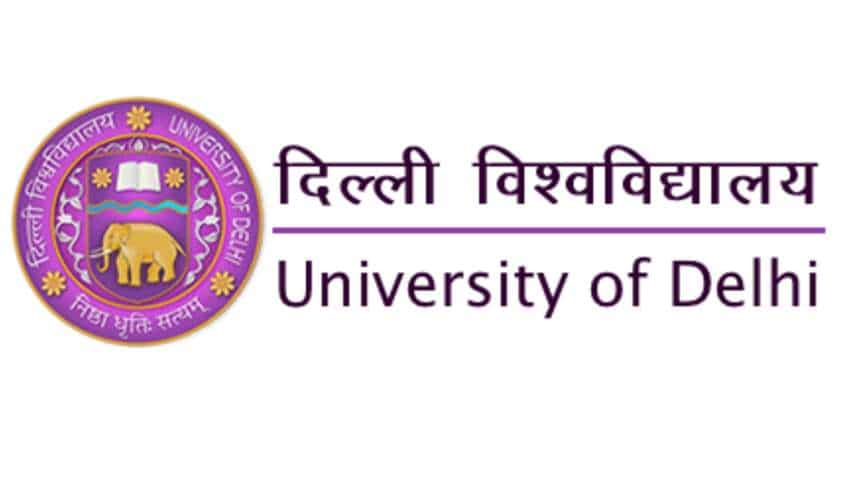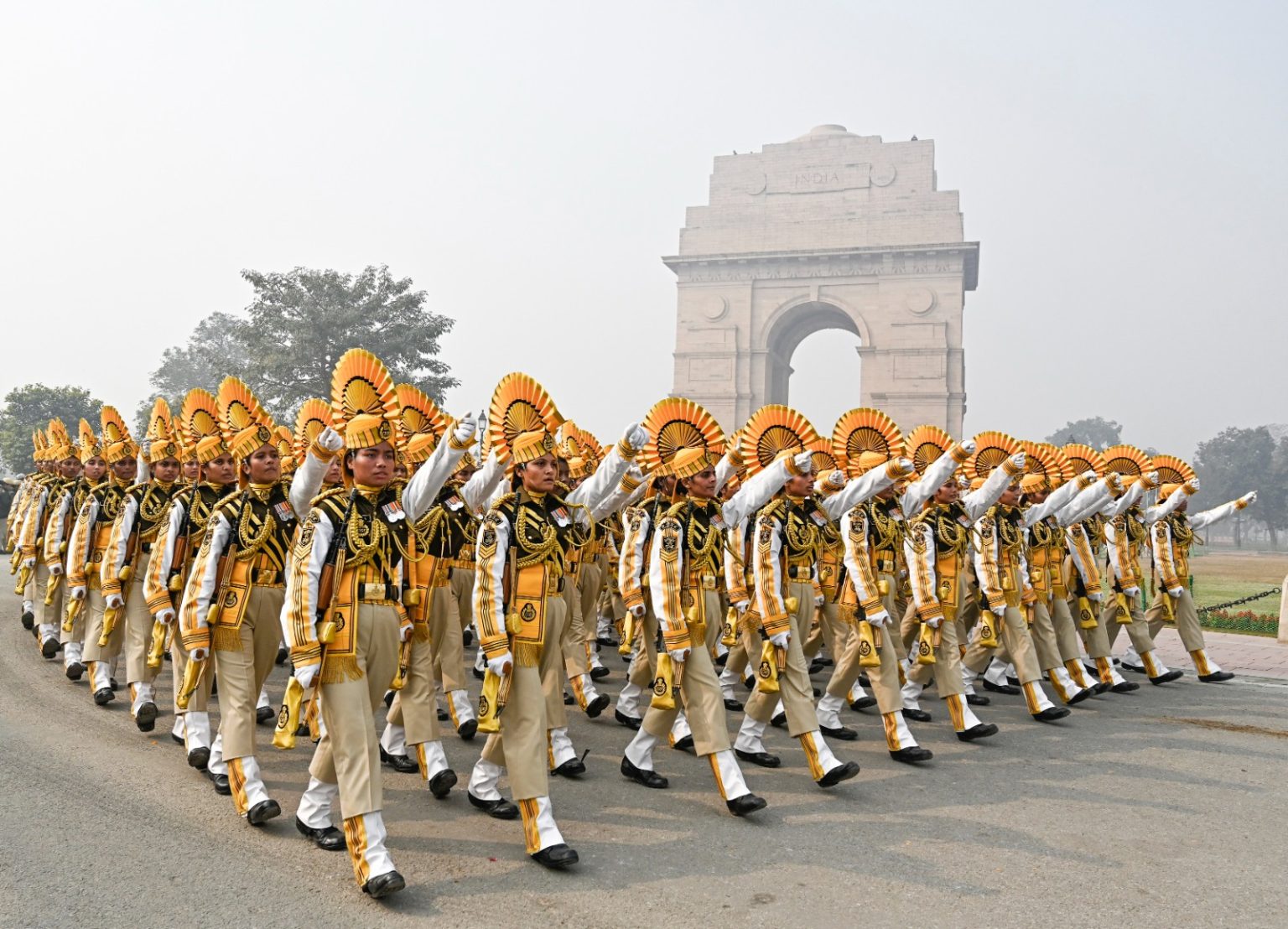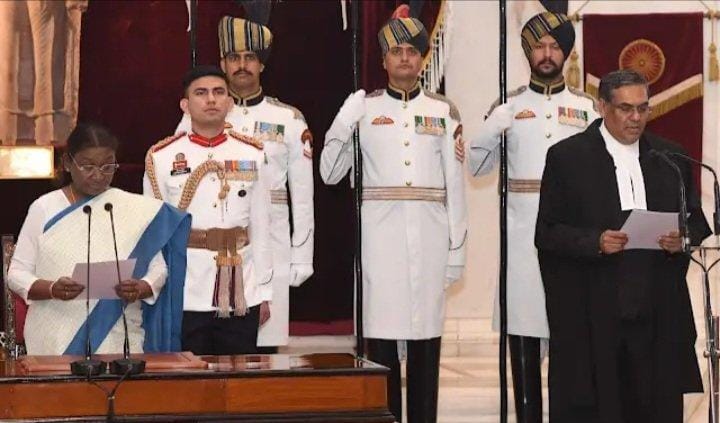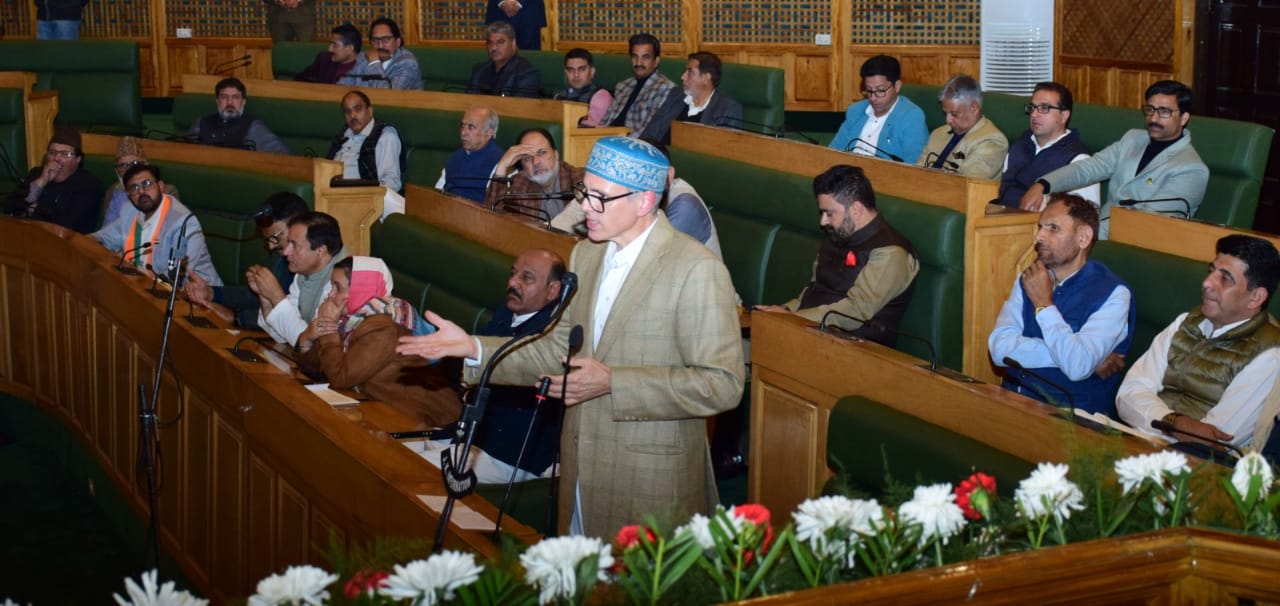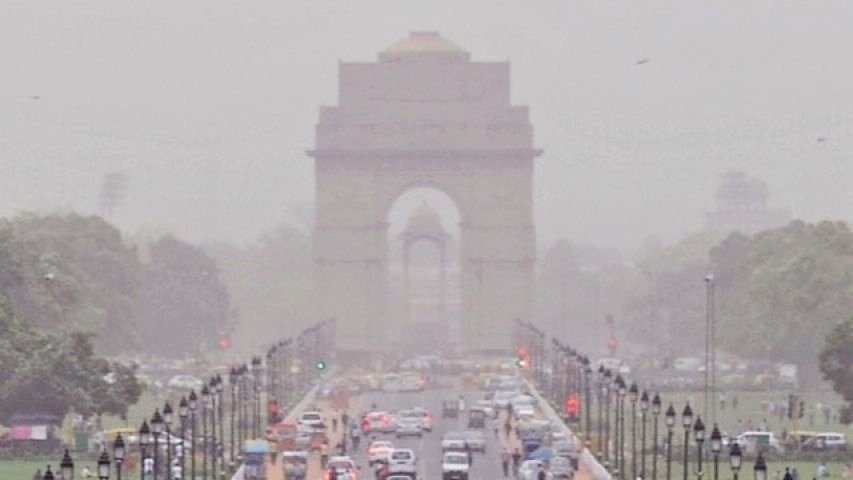In a bid to curb ragging activities on its campus, Delhi University has strengthened its actions with some notable measures ahead of new academic sessions. The University has also announced observing Anti-Ragging Day on August 12 as per the guidelines of the University Grant Commission (UGC). Additionally, it will celebrate Anti-Ragging Week from August 12 to August 18.
Key Highlights
- Delhi University has taken the decision to ensure that the students maintain a high level of discipline on the campus. It is also keen to ensure the smooth induction of students during the upcoming new sessions.
- The North and South Campus will be empowered with the establishment of one joint control room at each campus.
- As per the directions of the University, colleges and hostels will establish anti-ragging committees and vigilance groups while seeking support from the National Cadet Corps (NCC) volunteers. They will also display anti-ragging posters and rules at various places to increase awareness.
- Moreover, police personnel will be deployed outside campuses in plain attire. Women’s colleges will get special assistance to fight ragging issues.
- Delhi University will initiate strict actions against ragging activities.
About Ragging
- It is an activity performed by seniors under the pretext of welcoming new students and helping them adapt to the new environment. They order juniors or new entrants to complete some absurd tasks.
- Most often, these tasks are designed to humiliate new students, violating their dignity. Sometimes, it becomes so painful and humiliating that the student takes extreme steps like suicide.
- Seniors treat students with extreme rudeness to get sadistic pleasure and showcase authority and superiority.
- This creates huge concerns for parents and new students and has attracted the attention of various stakeholders in recent years. The stakeholders agree with banning such activities on campuses and making them more friendly for new students.
- In recent years, anti-ragging actions have been augmented in India.
Guidelines of the UGC
- In 2009, the Supreme Court of India formed a committee to examine the issue and offer solutions to resolve it. Headed by the former CBI Director R K Raghavan, the committee came up with some recommendations which the UGC adopted.
- Soon, the UGC launched comprehensive guidelines for universities to counter the menace.
- It provided details about the various types of ragging activities, including teasing, inflicting physical or mental or emotional pain, humiliation, and financial blackmailing.
- The rules necessitated universities to reiterate their commitment to curbing ragging activities publically. It also directed students to sign undertakings making an announcement that they would not be involved in such activities.
- The institutions were also given the responsibility to take proactive steps to prevent ragging. They were instructed to form anti-ragging committees and ensure the smooth induction of newcomers.
- Several states have also drafted rules to combat ragging activities. Kerala, Andhra Pradesh, Assam, and Maharashtra passed acts against ragging.

